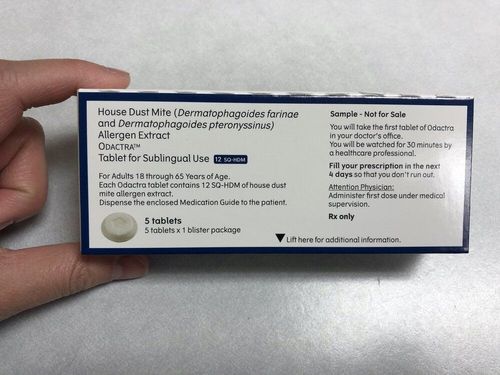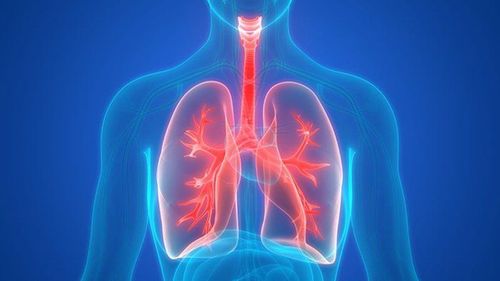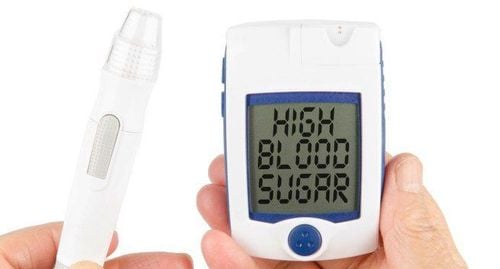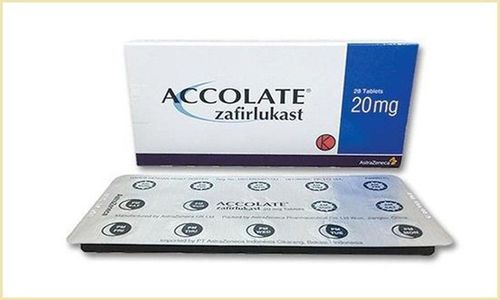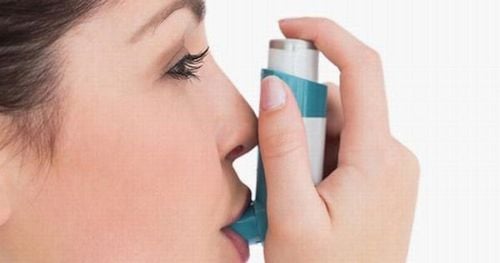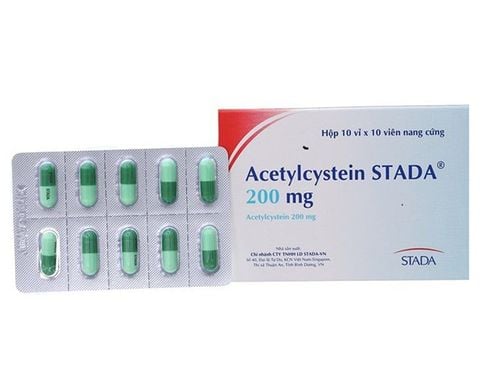This is an automatically translated article.
Weather changes are difficult, asthma patients should limit exposure to environments with high humidity to limit the onset and worsening of clinical symptoms of the disease. The humidity in the indoor air should be maintained between 30% and 50%. When the weather turns humid, people with asthma should stay indoors, keep windows closed, and turn on the air conditioner.1. Overview of humidity in the air
The ideal humidity in the air for the human body to feel comfortable is 30% to 60%. Anything that causes humidity to exceed this threshold creates an uncomfortable feeling of wetness.
The higher the humidity in the air, the easier it is for people to feel uncomfortable. When the moisture in the air reaches saturation, the sweat on the skin cannot evaporate to cool the body. That's why we often feel hot and nauseous on humid days.
High humidity also interferes with breathing, which really becomes a big problem for patients with asthma. In asthma, the airways are constricted, making it difficult to push air out during expiration. Patients often feel short of breath, short of breath, or cough and wheeze.
2. Effect of humidity in the air on asthma
Breathing in a humid environment stimulates the nervous system in the lungs, causing the airways to narrow due to constriction. High humidity in the air causes the air to stagnate in the airways enough to capture waste products and allergens such as pollen, dust, mold, house dust mites, and cigarette smoke. These agents can trigger the clinical symptoms of asthma.House dust mites have a habit of living in furniture, carpets and bedding. They breed more in environments with high humidity from 70% to 80%. The dead bodies and waste of house dust mites can be a trigger for asthma exacerbations.
Humidity in the air above 60% also promotes mold growth. Mold is easy to find in damp areas like bathroom floors and flooded basements. If the patient is susceptible, inhaling the mold can trigger an asthma attack.
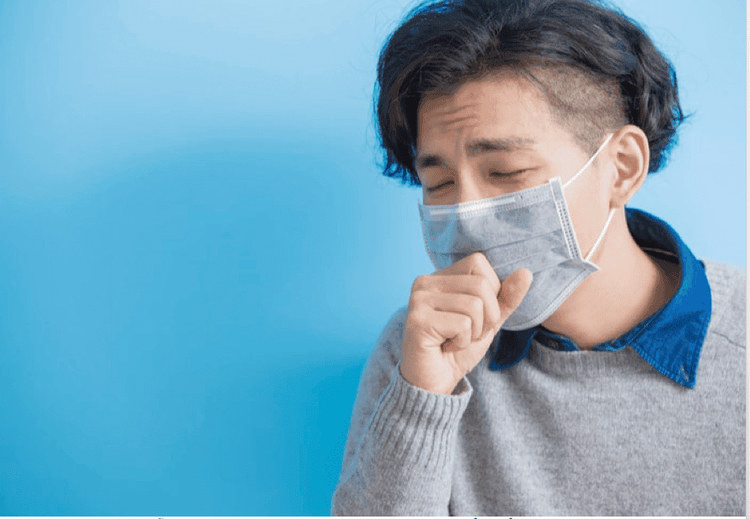
Độ ẩm của không khí có thể khỏi phát các triệu chứng ban đầu của hen suyễn
3. Is humidity in the air a trigger for asthma?
The easiest way to determine if high humidity in the air is a trigger for asthma is to assess the severity of symptoms when the weather becomes hot and humid. Common clinical manifestations of asthma include:
Feeling short of breath or short of breath Coughing Feeling of heaviness in the chest Shortness of breath
4. Set the humidity in the air to the optimum level
Although it is not possible to change the climate and weather in the outside environment, it is recommended that patients maintain indoor air humidity at a comfortable level of 30% to 50%. Some measures to help control humidity in the air can be applied such as:Open the air conditioner and close the windows. In the evening, when the temperature and humidity in the air drop, the windows should be opened so that clean air can be circulated into the indoor space. Install a dehumidifier to help reduce excess water in the air. Make sure the insulation system is working properly. Indoor temperatures need to be kept warm in winter and cool in summer. Turn on the exhaust fan in the bathroom, especially in the shower. To prevent asthma exacerbations caused by environmental conditions with high humidity in the air, patients should note the following points:
Limit going out during humid days, especially on days with little wind. If you must go outside, people with asthma should use an inhaler before going out. Do not exercise or do strenuous activity during the hottest part of the day. Drink plenty of water and wear light, light clothing when going outside.

Duy trì độ ẩm 30-50% sẽ có lợi cho bệnh nhân hen suyễn
5. Asthma treatment
The principles of asthma treatment should ensure the following:
Avoid allergens that aggravate the disease or trigger an exacerbation such as high humidity in the air, mold, dust and pollen. Regular daily use of long-term asthma control medications helps prevent recurrences of exacerbations. Use quick relievers. Customers can directly go to Vinmec health system nationwide to visit or contact the hotline here for support.
Articles refer to the source: healthline.com




